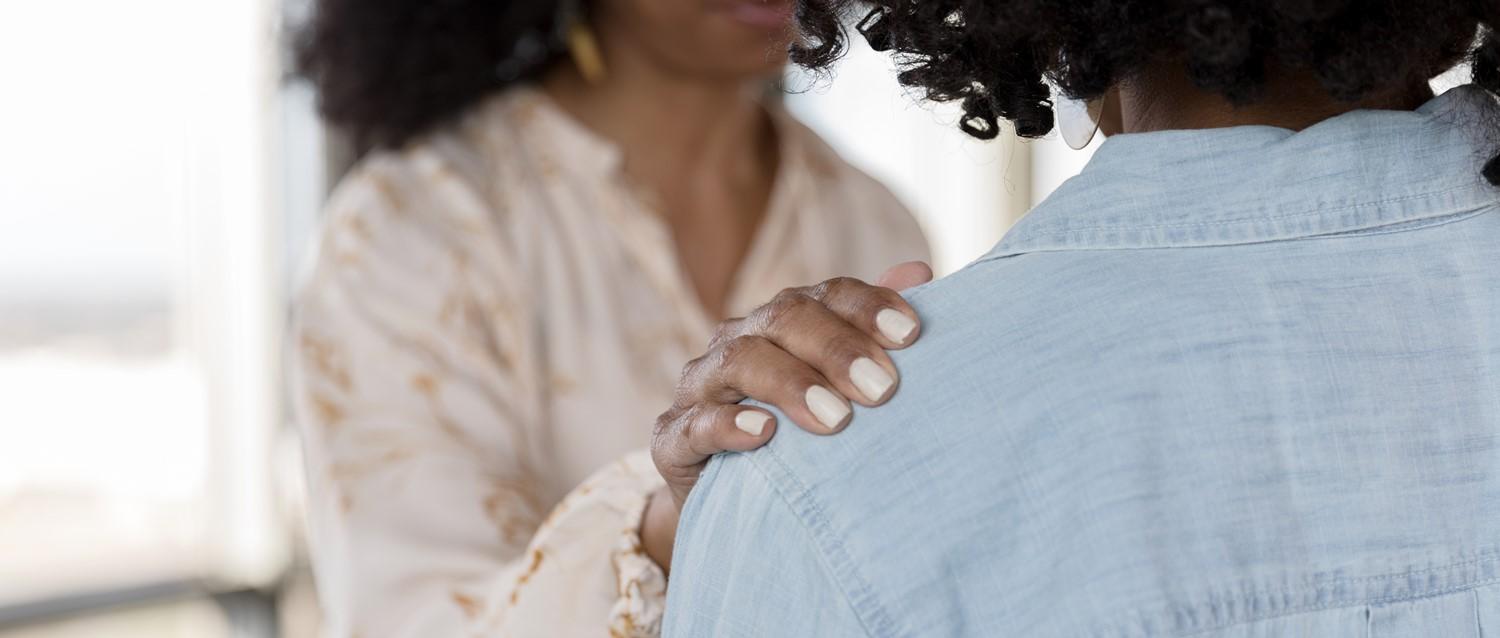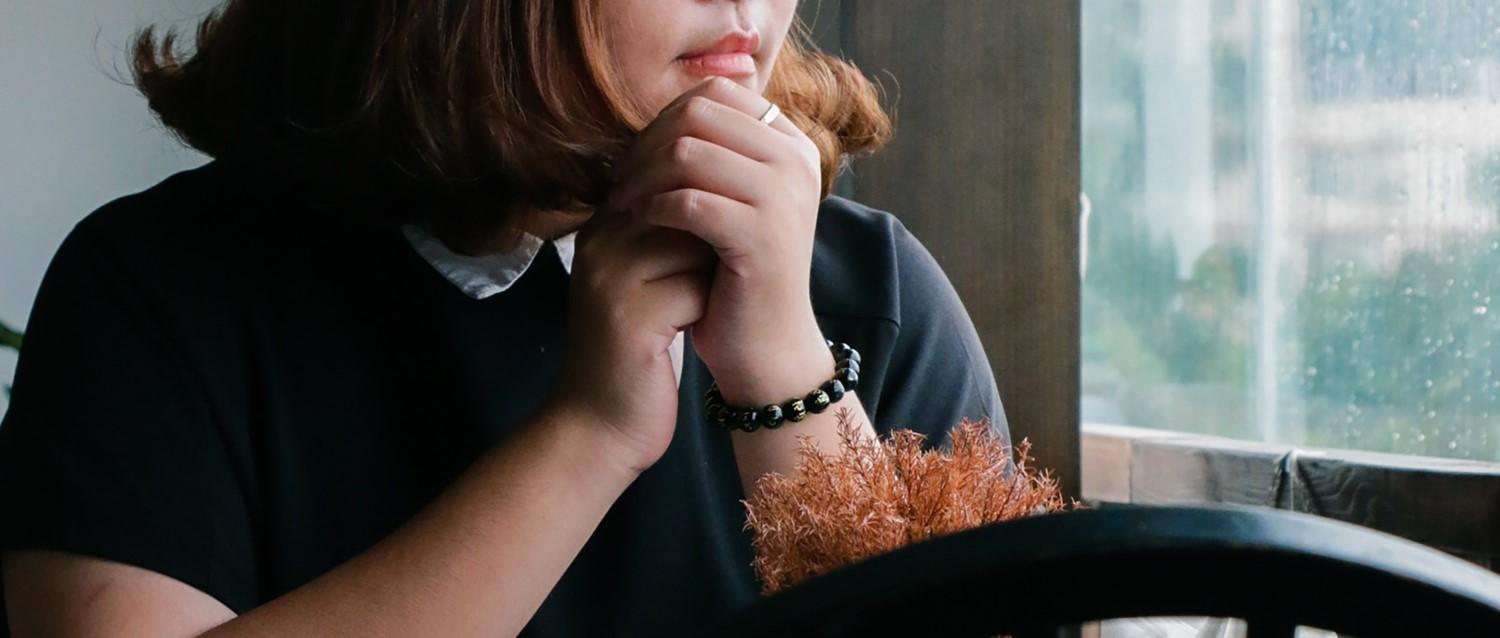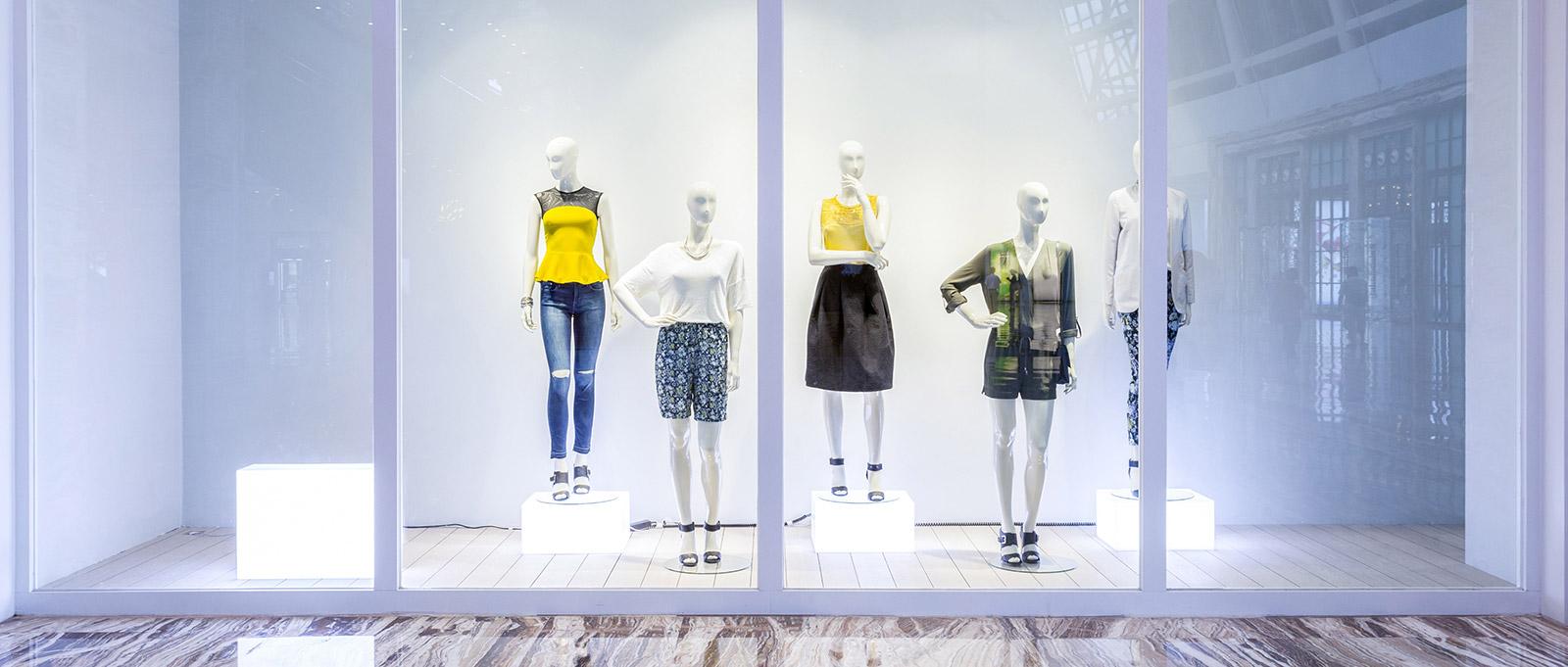
How do stereotypes prevent Black people from seeking help for eating disorders?
Peer reviewed by Dr Sarah Jarvis MBE, FRCGPLast updated by Emily Jane BashforthLast updated 23 Oct 2021
Meets Patient’s editorial guidelines
- DownloadDownload
- Share
- Language
- Discussion
Research conducted by eating disorder charity Beat found that 4 in 10 people incorrectly believe that eating disorders are much more common in white people. This stigma often results in Black people either not feeling able to reach out for help for their EDs, or not receiving full support when they do.
In this article:
Continue reading below
How do stereotypes prevent Black people from reaching out?
Stereotypes about Black people with eating disorders contribute to people of colour feeling less confident reaching out for eating disorder support than white people.
These stereotypes include:
Eating disorders only affect people who are very thin.
Eating disorders only affect women.
Eating disorders only affect teenagers.
Black people are 'strong enough' to deal with their problems alone.
Black women are 'aggressive' and Black men are 'threatening'.
Beat’s director of external affairs, Tom Quinn, says this is concerning.
"Stereotypes about Black people with eating disorders can prevent people from recognising signs and symptoms in themselves, meaning they may not seek eating disorder support. This is worrying as we know that the sooner somebody accesses treatment, the better their chances of making a full recovery. Stereotypes can also lead to feelings of shame and guilt, or even lead to people feeling unworthy of professional support."
Dr Chuks Nwuba works with patients who have eating disorders, and he says we have to dismantle the idea that members of the Black community are somehow immune to developing eating disorders.
"It's such a challenging situation because the very nature of certain eating disorders means that they are often secretive. Now, add on top of that a community that may fail to acknowledge such concerns. It's a recipe for suffering in silence.
Society's stereotypification and objectification of the Black body has left those who have an unhealthy relationship with food either misdiagnosed or not diagnosed at all."
He says the Black folk he talks to resent the myth that eating disorders are considered a white, middle-class, women's issue. He fears this is one of the many reasons preventing them from accessing treatment.
The reality of being a Black person with an ED
"Eating disorders transcend class, sex and race," says Dr Nwuba.
"The bottom line is that there is a historical distrust of mental health services by members of the Black community. This needs to change for there to be more Black patients reaching out for eating disorder support."
Real-life stories
25-year-old *Jamal has undiagnosed anorexia nervosa. His struggles started at the age of 12, but he didn't realise he had a problem with disordered eating until much later in life. He began restricting his food intake following bullying at school and grooming. He then enjoyed the sense of mastery and control restricting brought, which he felt had been taken from him previously.
His behaviour went unnoticed as he kept up appearances, and he didn't think what he had was anorexia since he didn't fit the stereotype of losing weight. Consequently, Jamal didn't receive care. He went on to become obsessed with calorie counting and eating erratically. Things only changed once he developed a sense of self-awareness in his late teens and felt more in control of his life.
He knows there must be lots of other Black people out there with eating disorders, but he can't name any because they are not spoken about.
"Once you don't fit the stereotype, they don't even ask the question," he admits.
*Aliyah is a 29-year-old with undiagnosed bulimia nervosa. Despite now being fully recovered after engaging in bulimic behaviours secretively throughout her teens, she got better without medical support.
Her eating disorder became her 'own little thing' while growing up in Nigeria, deriving from constant comments on her body from family members. She didn't want anyone to know what she was doing.
"In Nigeria there seems to be this thing where people are never happy about their body. They're either too big or too skinny. People always talk about their weight, but it never seems like anyone is ever bothered by it. I always felt uncomfortable in my body," she shares.
Aliyah is unsure how she actually recovered, but starting to think more positively about her body helped. She now strives to help other women with body image issues. Having been in their situation, she understands feeling dissatisfied with your body and online pressure and Western beauty ideals.
Continue reading below
What needs to be done to ensure everyone can access treatment?
Beat says challenging stereotypes about who can get an eating disorder is crucial, because they impact people of all ages, ethnicities, sizes and genders.
"Although awareness of this is increasing, the most common media representations are still young, white women with anorexia. It's important to represent Black communities and other ethnic minorities, and a range of eating disorders, to encourage more people to identify symptoms and reach out."
Quinn adds that it's just as important that the needs of Black people are catered for in the eating disorder field. This includes investing in eating disorder specialists from a wide range of backgrounds, and ensuring that healthcare and educational staff are trained to detect eating disorder symptoms in people of all ethnicities and backgrounds.
Beat recognises that more work has to be done in this area, and is therefore reviewing its own work to see how it can best support everyone with an eating disorder.
Dr Nwuba echoes this, stressing that having more Black clinicians in the field of eating disorders will provide a plethora of sociocultural insights.
"There's an air of learned helplessness in the Black community based on generational experiences of the mental health services where people question, 'Why should I bother asking for help when I won't be taken seriously?'
"The mental health stigma in the Black community is suffocating and it's time the oxygen was applied because people are struggling. Until things change, Black people can't get the help they deserve."
If you're worried about your own or someone else's health, you can contact Beat's helpline 365 days a year on 0808 801 0677, or access information and more support services at www.beateatingdisorders.org.uk
*names changed
Patient picks for Eating disorders

Mental health
What is the difference between disordered eating and an eating disorder?
It can be difficult to differentiate between disordered eating and a full-blown eating disorder (ED). This is especially the case since we live in a diet culture where talk of weight loss, 'clean eating' and fitness is rife. However, it's important we are able to identify a toxic relationship with food and know where to seek help early before things get worse.
by Emily Jane Bashforth

Mental health
Do shrinking fashion sizes promote anorexia?
Shop mannequins and dress sizes seem slimmer and smaller than ever before - but do they really skew our perception of 'normal' body shapes and fuel eating disorders? We take a look at the main issues surrounding the debate.
by Danny Chadburn
Article history
The information on this page is peer reviewed by qualified clinicians.
23 Oct 2021 | Latest version

Ask, share, connect.
Browse discussions, ask questions, and share experiences across hundreds of health topics.

Feeling unwell?
Assess your symptoms online for free
Sign up to the Patient newsletter
Your weekly dose of clear, trustworthy health advice - written to help you feel informed, confident and in control.
By subscribing you accept our Privacy Policy. You can unsubscribe at any time. We never sell your data.